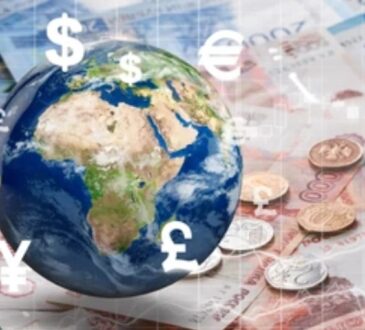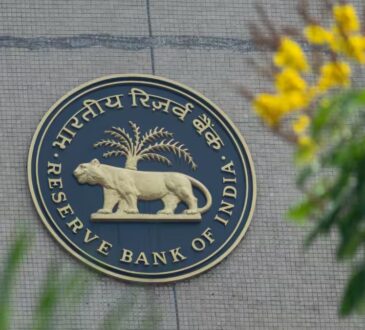By ERASMUS IKHIDE
It was the Nigerian iconic music activist- cum-philosopher, the late Sunny Okosun in the earliest part of 1990 who sang ‘African liberation is now or never’. At the time he sang the song, African population was hovering around 500,000,000.
The current population of Africa is roughly 1,546,842,678 as of Tuesday, June 3, 2025 based on Worldometer’s elaboration of the latest United Nations data. Africa’s population is equivalent to 18.83 per cent of the total world population.
Africa ranks number two among regions of the world (roughly equivalent to “continents”), ordered by population. The population density in Africa is 52 per Km² (135 people per mi²). The total land area is 29,648,481 Km² (11,447,338 sq. miles).So, 45 per cent of the population is urban (698,148,943 people in 2025). The median age in Africa is 19.3 years.
As it stands, with the Eastern Africa 500,703,846; Western Africa 456,251,329; Northern Africa 272,131,339; Central Africa 212,915,636 and Southern Africa 73,138,701 population, the continent is arguably a bulwark for global economic unification and transformation.
The continent is home to 54 recognised countries, each with its unique economic challenges and opportunities. One significant obstacle to economic integration and growth is the existence of 40-50 distinct currencies, many of which struggle with value volatility and limited acceptance across borders. This currency fragmentation hinders trade, investment and economic cooperation among African nations, making it difficult for the continent to realise its full potential.
The use of multiple currencies in Africa creates several challenges, namely limited trade and investment. The existence of multiple currencies makes cross-border trade and investment more complex and costly. Businesses must navigate different exchange rates, transaction fees and regulatory requirements, which can discourage trade and investment.
In addition, multiple currency usage encourages volatility. One-fifth of African currencies are prone to significant fluctuations in value, making it difficult for businesses and individuals to predict and manage financial risks, due largely to limited economic integration, trade imbalances, high inflation rates, political instability and dwindling foreign reserves. The lack of a common currency has hindered economic integration among African nations, making it challenging to achieve a unified economic agenda.
For instance, the United States, Canada, and many European countries have successfully implemented common currencies or widely accepted currencies, facilitating trade and economic integration. The US dollar is widely accepted in North America, while the Euro is used by many European nations. These examples demonstrate the benefits of a unified common currency system as the panacea for Africa’s economic revamp.
The benefits of a unified currency is multifaceted. A common currency eliminates the need for currency exchange, reducing transaction costs and facilitating trade engagement. Also, it increases economic integration because a unified currency system promotes economic integration, enabling countries to work together more effectively. Besides, common currency engender stability and predictability in modern economies for businesses and individuals.
To overcome the obstacles posed by multiple currencies, African leaders must consider a regional currency unification policy. They should establish regional currency unions, such as the proposed East African shilling, to facilitate trade and economic integration among member states.
The long-term goal should be to explore the possibility of a single, continent-wide currency, regardless of what the reactionary neo-colonialists and double-faced Western imperialists propaganda machines might be rolling out.
Lastly, adoption of currency pegging and the implementation of digital currency pegging arrangements are the only recipe for economic growth in Africa. African leaders have no choice than to peg their currencies to a stable currency, such as the US dollar or Euro. This is largely possible when they leverage on digital currencies and mobile payment systems to facilitate cross-border transactions and reduce the need for physical currency exchange.
Unifying Africa’s currencies is a complex but necessary step towards achieving economic integration and growth. By learning from other regions and exploring innovative solutions, African leaders can create a more stable and prosperous economic environment for the continent.
It is time for African leaders to shape the future of Africa’s economic greatness by addressing the challenges posed by multiple currencies and working towards a more unified and prosperous continent. The dream of the liberation of Africa struggle and its economic renaissance is ‘now or never’!
*Ikhide, a political activist and publisher, wrote via: [email protected]




